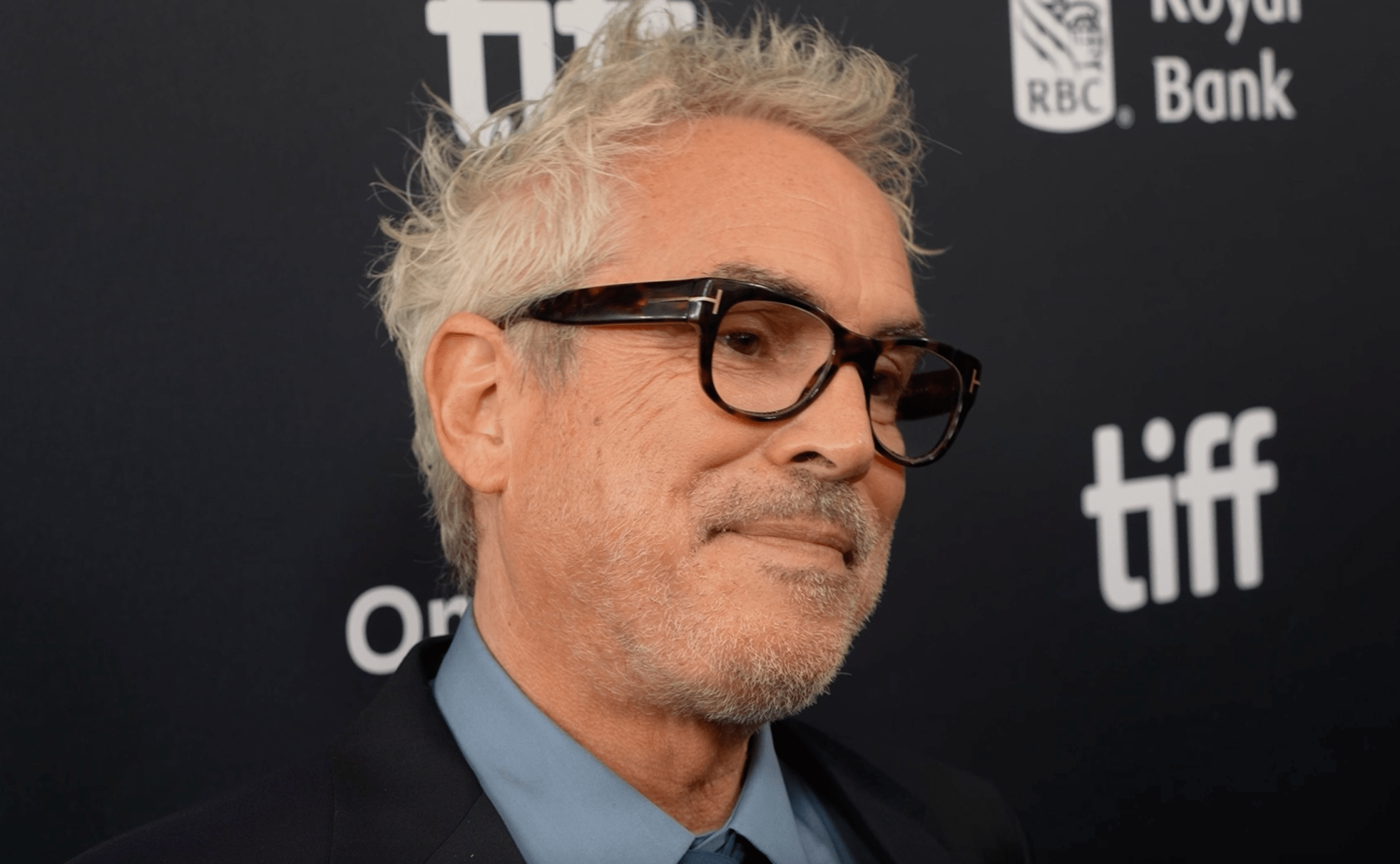
Cuaron on ‘Disclaimer’: ‘It Was Like Making Four Films’
Cuarón faced the challenge of directing all the episodes, even though his television experience was limited to two episodes for a pair of North American series several years ago. However, the director of “Roma” only remembers as a television experience having worked writing and directing some episodes of “La Hora Marcada,” a Mexican cult series produced by Televisa in the late ’80s, with stories of horror, fantasy and touches of science fiction.
In it, Cuarón, Guillermo del Toro and the now cinematographer Emmanuel Lubezki directed some episodes, thus beginning not only a film career, but a long friendship that would take them, by their own paths and merits, to Hollywood.
To make “Disclaimer,” Cuarón came up with the idea of conceptualizing the novel on which it is based as a long film, an idea he shared with executives from streaming platform Apple TV+, in addition to making it clear to them that he does not know how to make television.
In this interview, the Mexican filmmaker discusses their responses and the problems he faced in achieving a work that will be as surprising as its trailer. The “Disclaimer*” title actually has an asterisk that refers us to the enigmatic warning: “The past always finds you.”
At what point in your professional life did this film come to you?
The writer (Renée Knight) sent me her novel many years ago, I think more than 10 years ago. It was still in galleys (proof copies without corrections or final details printed), it was not yet published. I immediately saw a film in my head, but I did not imagine how I could make it of a conventional length, and it was not until many years later that I was thinking about films that I like in a long-form format, I mean from “Once Upon a Time in America” (directed by Sergio Leone) and “1900” (by Bernardo Bertolucci), which were divided into part one and part two.
There are also the films by (Ingmar) Bergman, “Fanny and Alexander,” “Scenes from a Marriage” and even “Twin Peaks” by (David) Lynch. And that’s when I thought: it would be interesting to explore the long format in a film, which in my opinion is a little different from what is known as a series or a miniseries.
And what was the biggest challenge?
They are very distinct film languages that we use because each narrative voice has its own film language, and that is why El Chivo suggested that we use two cinematographers, because in this way we can have a much greater contrast between the narrative lines that he was covering, versus Bruno’s.
Now in Toronto, there are many Mexicans, such as you, Rodrigo Prieto, Salma Hayek … That wasn’t always true. How do you feel about being, in some way, a pioneer of this new era?
What makes me very happy is the Mexican presence. Some that isn’t talked about enough is that the batting average of Mexican cinema is exceptional. If you compare it with American cinema, even European cinema, perhaps excluding French cinema, you will see that Mexican cinema always has an important presence at film festivals, especially at large festivals. You always have a Mexican presence, which is exceptional.
Alejandro G. Iñárritu is about to film with Tom Cruise, Del Toro is in Scotland making “Frankenstein,” you are here… Are we ever going to see you together in a project?
(laughing) No, no, no, what chaos that would be… No, no, no, that would be a mess, we’re better getting along , friends over meals, chatting — rather than destroying each other’s movies to try to make them better!

